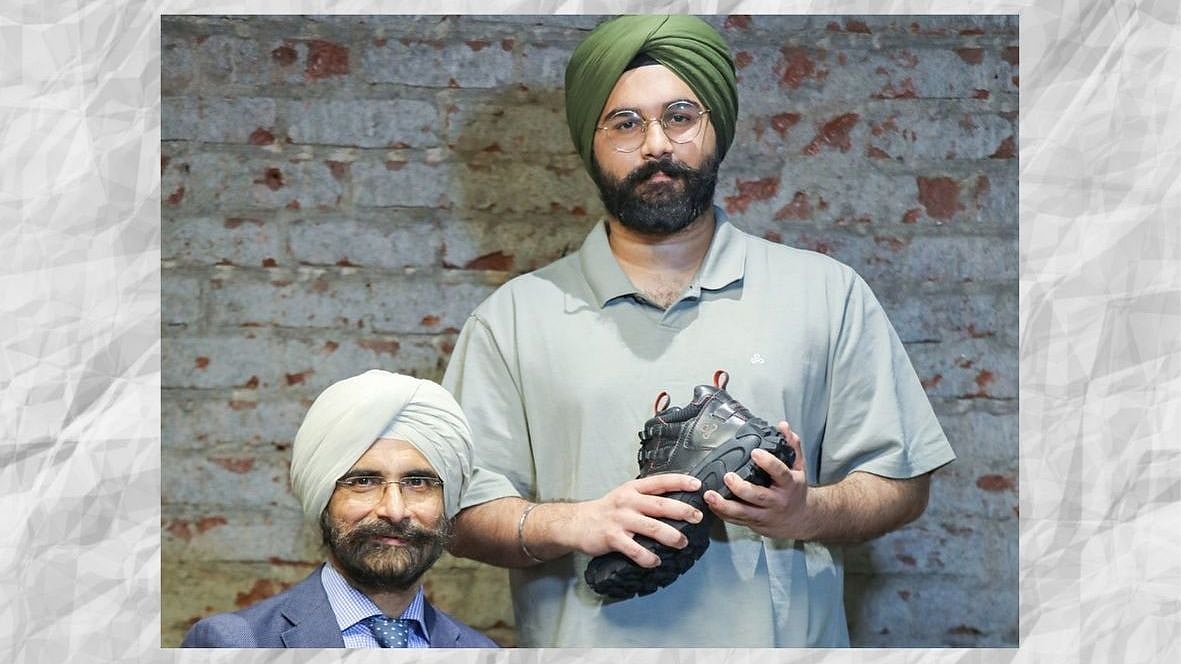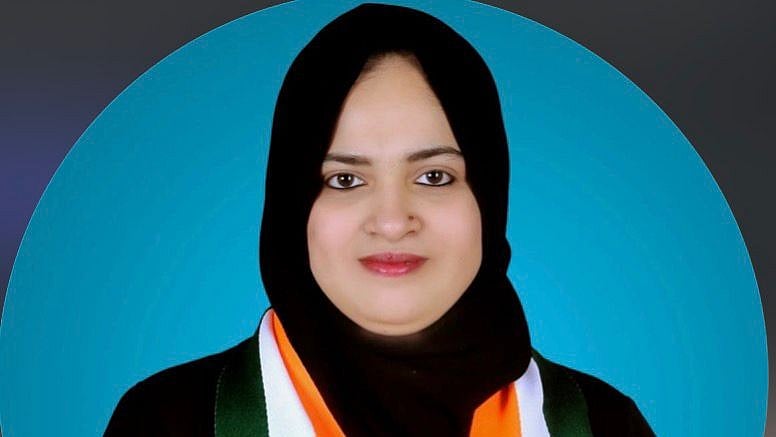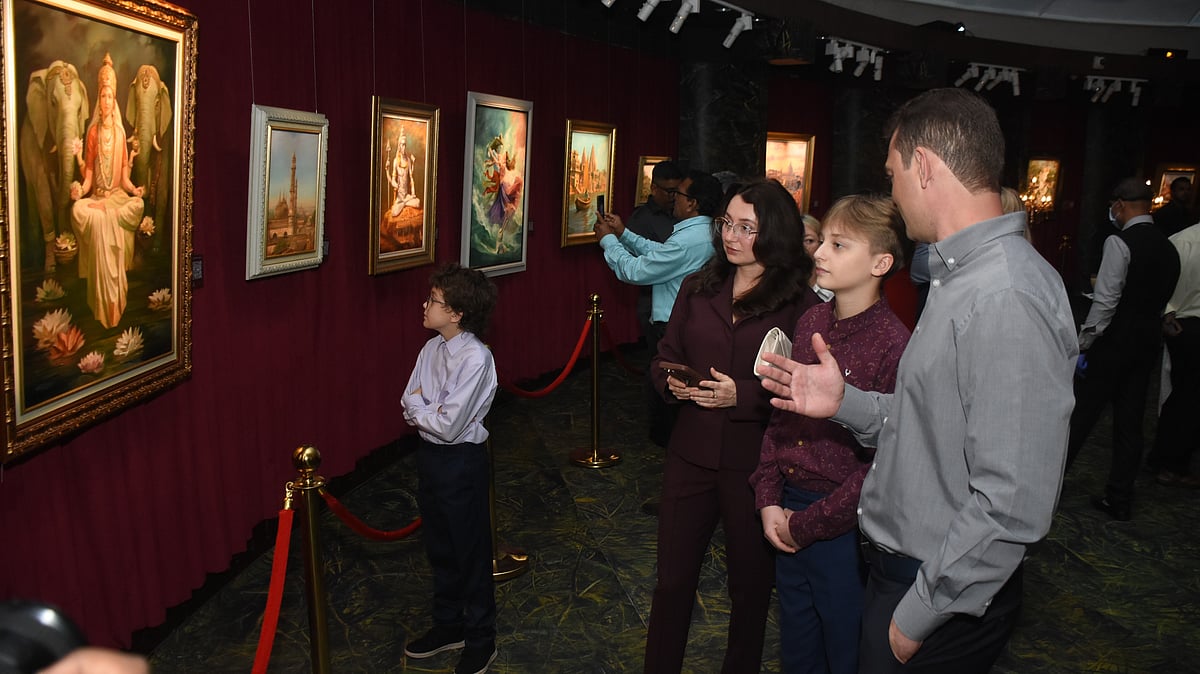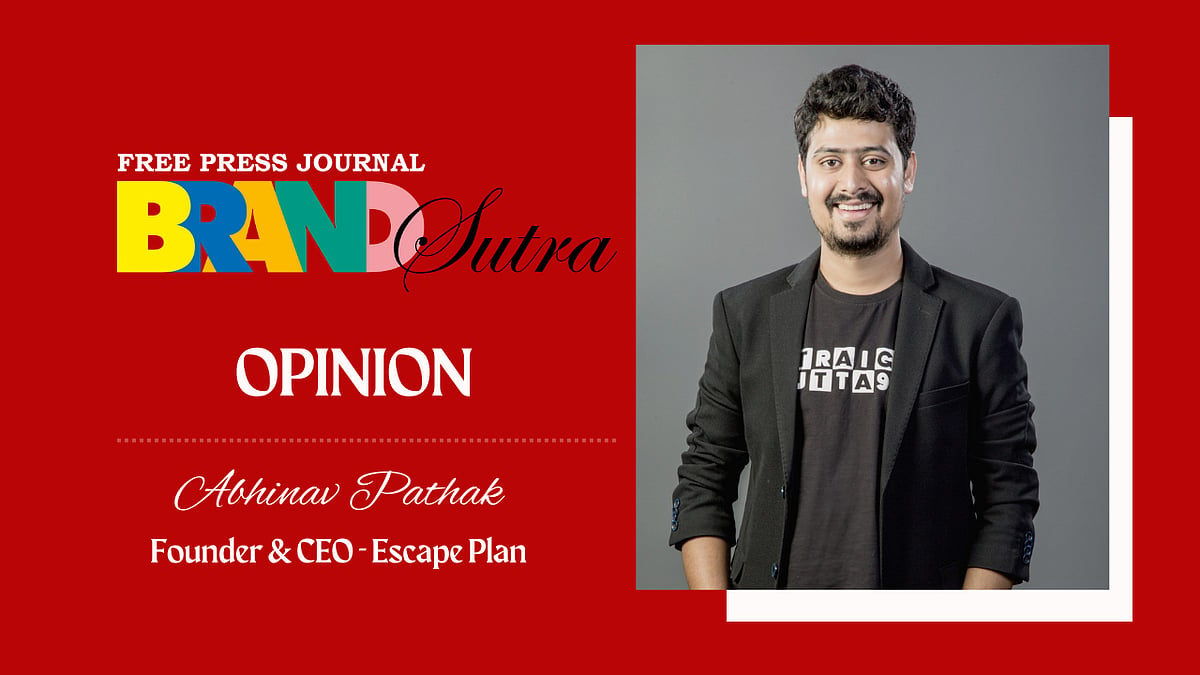The House of Woodland has brought forth a new brand, interestingly named ‘A Skating Monk’. It is helmed by Gagandeep Singh, son of Harkirat Singh, Managing Director of Aero Club (parent company of Woodland & Woods).
Singh Jr, until recently marketing director at the company, is excited about the endeavour, and the fact that it gives a “youth connect” to the master brand.
On how ‘A Skating Monk’ came to be, Gagandeep Singh says, “Streetwear is back to being in mainstream fashion, and that’s how we thought of the brand initially about a year-and-a half ago, and started with basic skate-boarding shoes.

We are targeting a very niche customer base in the 15-20 age group. The way they dress up and the way they behave is very interesting, as they ape fashion trends from around the world. So, we travelled a lot, and picked up bits and pieces of everything that influenced us off the streets from Mumbai to Mexico to create products for them.
Apart from footwear and apparel, we have a range of accessories like caps and waist bags. Woodland is now a very big brand, and we have to pitch it to a large audience. On the other hand, with ‘A Skating Monk’, we have a lot of room to experiment, and to flow.
Right now, we don't want to go to a bigger market for it. We don't want to cater to everyone, so our products are very, very niche though basically we are a streetwear brand with unisex, easy-wear products. Our products tell stories and have a soul.”
Going forward, he plans to see what works for the brand, what they enjoy making, along with what people want to buy, and the prevailing trend, to build the brand further. The price range for footwear is between Rs 2000-7,000, while tee-shirts sell for Rs 800-900 and jackets for Rs 1,500-4,000.
The name of the brand goes back to Singh’s friendship with a Japanese man at the University of Manchester, developing an interest in Japanese culture and discovering how people are innovating for the biggest Japanese brands. The two then came up with the brand logo and name of the brand.
“The basic sense was to have the stability of a monk while going through hurdles. While skating, a lot of hurdles come in your way, and crossing them flawlessly is the aim. Similarly for youngsters, the aim is to move through life steadily with stability of mind, despite the disturbances around them. A big melting pot of cultures gave the brand its identity,” Singh explains.
Singh believes in “gorilla-type marketing” where they bombard the audience with marketing activities for every new launch. “In a complete departure from traditional mediums of marketing, we are digital-only and work with a lot of influencers. Micro influencer marketing is another big thing for us,” he says.
HOW COVID ACCELERATED WOODLAND’S BUSINESS
According to Harkirat Singh, Woodland’s online business really picked up during the COVID-19 pandemic, as physical stores were shut.
“Before COVID, online sales were just 10-12% of overall sales. Now, it has jumped to 30-35%, through our own website or platforms like Amazon, Flipkart, Myntra, etc. Now, the fear of COVID is gone and footfalls at our stores have come back to almost pre-COVID levels. So, retail goes back to its normal course and online grows parallel to that,” he says.
During the pandemic, people also needed products to support an indoor lifestyle and fitness activities, as everyone became more fitness conscious. That made Woodland shift its product range towards ‘athleisure’.

“We brought in canvas shoes, sports shoes, easy home-wear and gym wear. As a category, athleisure is going to grow, and it’s a very good category to be in. This will be an additional business, because our core travel products business is definitely going to come back,” says Singh.
Expansion plans and pipeline projects, that were on hold, are also being brought back. A major effort is to make the business leaner by “cutting the fat off”.
Some stores that were not really profitable have been shut and others relocated.
“We have opened new stores, but in a changed format. Instead of having too many small stores, we are going in for bigger stores, where we can showcase all the ranges. Viability is better for bigger stores, because people want to see the entire range under one roof. We will add more new stores, and from next year, we aim to go back to our annual pre-COVID growth rate of 10-12%. This year, we aim to achieve about 80% of our pre-COVID turnover. Revenue-wise, it will be around Rs 1,100 crore compared to Rs 1,200 crore earlier,” says Singh.









